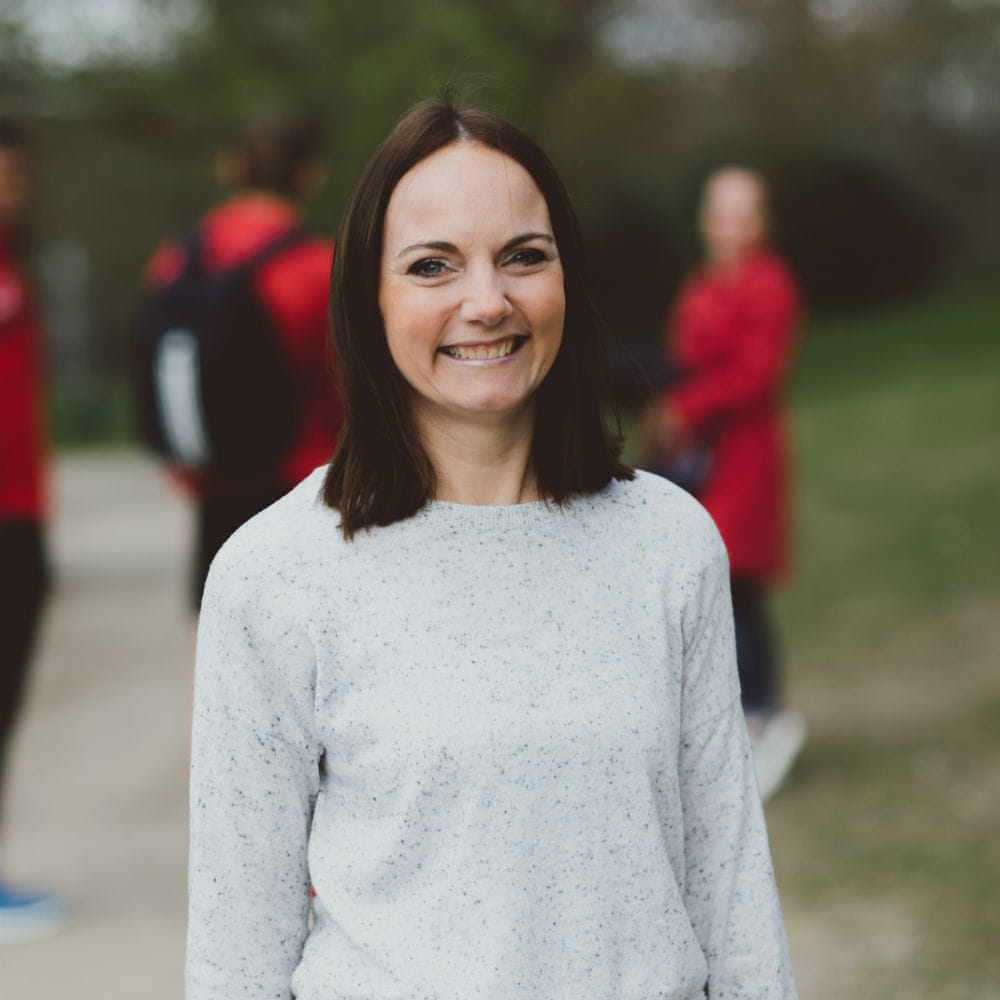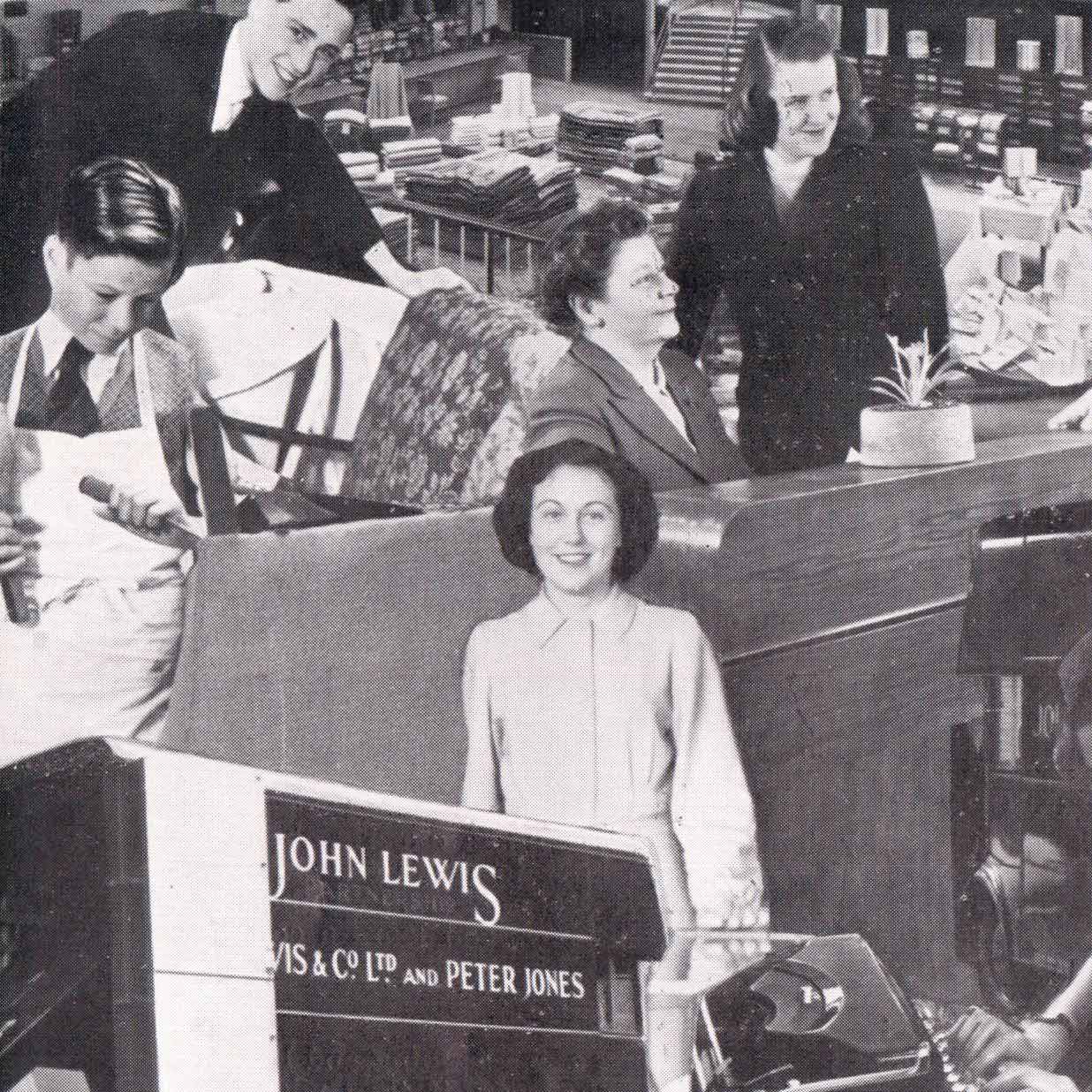Turning around the lives of young people

Mentoring young people and the role of public engagement
The Green Exercise Research Team at the University has been evaluating the health and social benefits of nature-based programmes delivered by the Wilderness Foundation for over ten years. Their success is often reliant on public engagement, so that the community takes collective ownership to tackle the emergent issue of youth at risk head on. Youth wellbeing is on a downward trajectory and there is a perception that young people have no control or power to change how they feel.
Here, Dr Jo Barton gives a personal account of the effect this programme has on vulnerable young people’s lives. Jo highlights how success is driven by building positive collaborative relations and working closely with community volunteers.
TurnAround is an example of a flagship wilderness programme targeting vulnerable youth. It provides an opportunity for young people to make positive changes to their life through outdoor activities, wilderness trails and mentoring. It supports young people who are experiencing domestic violence, anger management, drug and alcohol abuse, poor family relationships, among many other life limiting issues and daily challenges. It starts with a weeklong wilderness journey in Scotland exploring wild landscapes, camping, learning bush-craft skills, engaging in solo time and building a community. Trained guides and professional wilderness facilitators support the young people and help them address emotional and interpersonal issues.
The programme uses nature as a catalyst to promote self-reflection, improve resilience and create a sense of belonging. This therapeutic environment promotes empowerment, increases self-esteem and mental wellbeing. It encourages the young people to build positive relationships with family, peers and the environment and put an end to their cycle of destruction. Participants also engage in monthly workshops focusing on a range of behaviour change outcomes. The activities enhance teamwork and leadership skills and help build nurturing support networks. They also provide opportunities for participants to share experiences in a safe and supported environment.
‘I was like a deflated ball, I had lost my bounce’
Members of the public engage with the programme by volunteering to be mentors. All participants meet with their mentor for an individual session at least once a week. These one-hour meetings can take place for up to six months, depending on the level of need. Participants say their mentors actively listen to what is being said, rather than just reacting to perpetual noise. They feel like they are being understood. By giving them the power of being heard and by giving them a voice encourages them to take ownership and personal responsibility for their actions and behavioural choices. Engaging the public in the mentoring scheme is a key strand of the programme.
Each year the Wilderness Foundation holds a special formal graduation ceremony for all graduates to acknowledge and celebrate their achievements with their respective communities. It recognises and celebrates the commitment and willingness to grow and change shown by the young people, often under very tough personal circumstances. Friends, family members, social services staff, charity staff, volunteers, trustees and members of the wider local community are invited to attend and support the young people’s success. This approach to public engagement is very effective at raising awareness and attendees have even included the local mayor and High Sheriff of Essex. The ceremony is often co-created by the participants and typically consists of some inspiring and emotional speeches.
“Before I started TurnAround I was like a deflated ball, I had lost my bounce. I was no longer useful and was left to survive on my own. Then an opportunity was given, and each time I attended was like pumping a little bit of air into me gradually filling up. A year on and I am now full of air and I have bounce, I am no longer that deflated ball.”
- Participant
“I was delighted to see the friends and family of the graduates giving their support to all that has been achieved….. It was inspiring to see the commitment of the mentors and witness how they have forged friendships that have clearly opened the eyes and minds of the graduates.”
- The High Sherriff of Essex, who presented the graduates with their certificates
Involving the parents/guardians in the whole process increases the participants’ chances of longer-term positive behavioural change. Participants also have opportunities to engage in some community volunteering and work experience placements. The programme has an 83% success rate of graduates entering full time education, enrolling in a vocational training course or finding employment.
Prince Harry visit
The TurnAround programme uses outdoor adventures and intensive mentoring to empower young people, provide a sense of hope and aspiration to build a brighter future. However, it is heavily reliant on community volunteering and building positive collaborative working relationships that can co-produce the programme. Establishing effective working partnerships can play a vital role in facilitating public engagement, knowledge exchange and sharing of good practice.
The charity uses public engagement to secure essential funding. They were very excited and honoured to be chosen by Prince Harry and Megan Markle as one of only seven charities to receive donations in place of wedding gifts. The couple really resonated with the charity's focus on connecting young people with nature to improve their wellbeing. Prince Harry visited some of the young people to talk to them about their experiences of the programme. It has also benefitted from BBC and ITV media coverage, thus raising awareness and promoting wider public engagement.
Public engagement is essential
I have been fortunate enough to witness first-hand the transformative experience this programme has on vulnerable young people’s lives. It facilitates the improvement of relationships, benefits the wider community and helps prevent young people from ending up in the criminal justice system. As a research team we provide robust scientific evidence, supported by case study narrative, to give further insight into how and why this programme makes a difference.
However, public engagement is key if projects like this are to be successfully up-scaled and disseminated nationally. Having meaningful involvement and experiential learning from the experiences of stakeholders, service providers, service users, parents, academics and commissioners is essential for refining the programme to ensure maximum health and social benefits for all.
Public engagement is of mutual benefit through the sharing of expertise, knowledge and experiences. This engagement process can help inform decision-making, and create inclusive practice and policy changes at both a local and national level.

